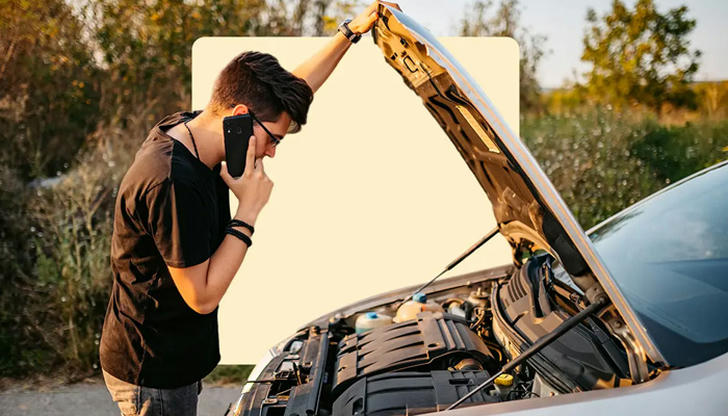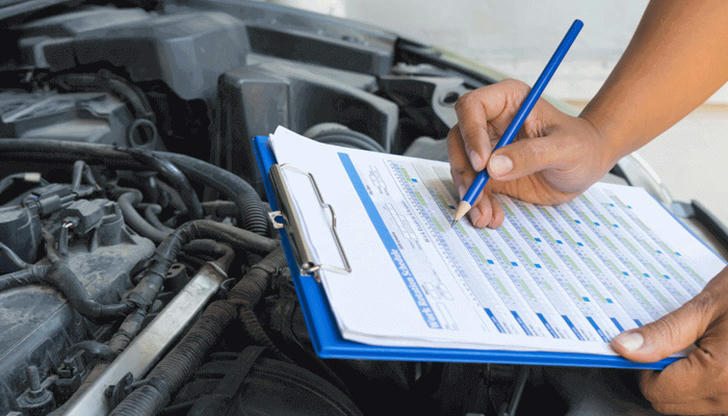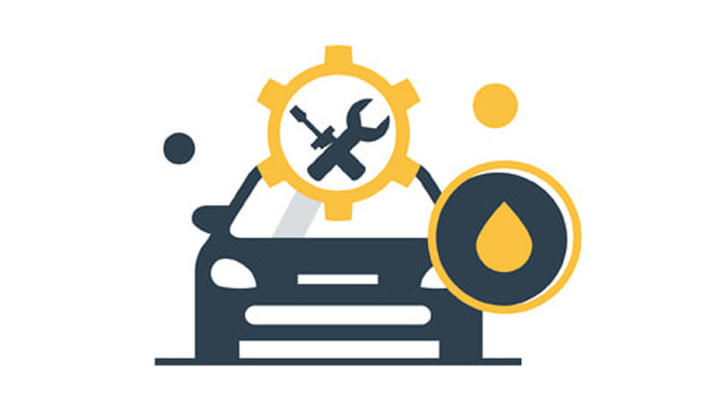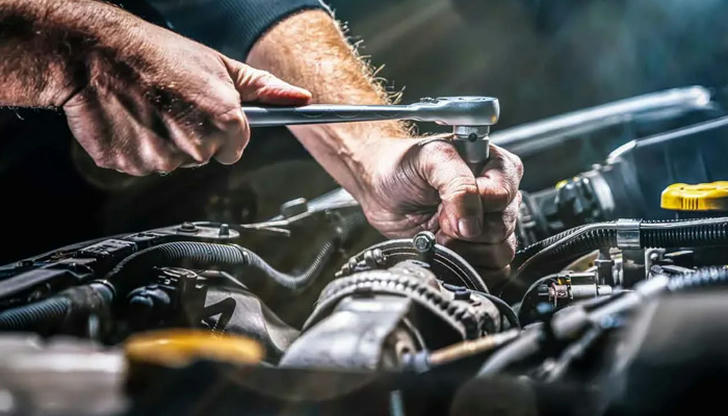Will Auto Insurance Cover Engine Failure?

Auto insurance is a critical safety net for unexpected vehicle expenses, but when it comes to engine failure, the coverage might not be as straightforward as you'd hope. Let’s dive into the nuances of whether auto insurance can cover engine failure, what types of insurance might help, and how to file a claim if your engine fails.
What Types of Car Insurance Cover Engine Repairs

Understanding whether your auto insurance covers engine failure depends largely on the type of insurance policy you have. Here’s an overview of the common coverage types and their applicability to engine repair costs.
1. Comprehensive Insurance
Comprehensive insurance is designed to cover damage caused by non-collision events, such as:
• Fire
• Floods
• Vandalism
• Falling objects
If your engine fails due to water damage from a flood or another covered peril under your comprehensive policy, the repairs could be included.
When it applies:
• Engine damage from a natural disaster.
• Engine failure resulting from theft or vandalism.
2. Collision Insurance
Collision coverage typically addresses damage caused by accidents. For example:
• If a collision causes mechanical issues or direct engine damage, the repair might be covered.
However, general wear and tear or failure from neglect would not be included.
When it applies:
• Engine damage due to a car crash.
3. Mechanical Breakdown Insurance (MBI)

Some insurers offer Mechanical Breakdown Insurance, which is specifically tailored to cover repair costs for mechanical failures, including engine problems.
Key features of MBI:
• Covers unexpected engine repairs.
• Excludes maintenance or damage from negligence.
4. Warranty or Extended Warranty
While not technically part of auto insurance, car warranties—either manufacturer’s or extended—often cover engine repairs for a set period or mileage.
When it applies:
• Coverage for defective parts.
• Repairs due to premature engine failure.
5. Exclusions to Be Aware Of
Most standard auto insurance policies exclude:
• Wear and tear.
• Neglect, such as lack of oil changes or overheating.
• Normal aging of engine components.
How to File an Insurance Claim for Engine Failure

Filing an insurance claim for engine failure can be a daunting process, but following these steps can simplify it:
1. Review Your Policy
Before making a claim, carefully review your policy documents to determine whether your coverage includes engine failure. Look for sections on:
• Comprehensive or collision coverage.
• Mechanical breakdown clauses.
• Exclusions for wear and tear.
2. Document the Damage
Collect evidence to support your claim. This could include:
• Photos or videos of the damaged engine.
• Mechanic’s diagnostic report outlining the cause of failure.
• Receipts for recent maintenance (if relevant).
3. Notify Your Insurance Company
Contact your insurer to initiate the claims process. Be ready to provide:
• Policy number.
• Date and circumstances of the engine failure.
• Supporting documents (photos, diagnostic reports).
4. Submit a Detailed Claim

When submitting your claim:
• Include all required documents.
• Clearly explain the circumstances leading to the engine failure.
• Request clarification on coverage limits or deductibles.
5. Await the Adjuster’s Inspection
Your insurer may send an adjuster to inspect the damage. Ensure that:
• The car is accessible for inspection.
• You are available to answer any questions.
6. Understand the Outcome
Once the adjuster’s report is finalized, you’ll receive a determination:
• Approved Claim: The insurer will cover repair costs up to the policy’s limit.
• Denied Claim: You may be responsible for repair expenses.
Factors That Influence Insurance Coverage for Engine Failure

Several factors play a role in determining whether engine failure is covered by your auto insurance:
• Cause of the failure: Damage caused by covered perils is more likely to qualify.
• Maintenance history: Lack of proper maintenance could void potential claims.
• Policy terms and exclusions: Details in your policy dictate eligibility for engine-related claims.
Conclusion
So, will auto insurance cover engine failure? The answer lies in the details of your policy. While standard auto insurance typically excludes wear and tear, specific types of coverage—such as comprehensive or mechanical breakdown insurance—may cover engine repairs under certain circumstances. Understanding your coverage, maintaining your vehicle, and knowing how to file a claim are key steps in ensuring you're financially protected.
